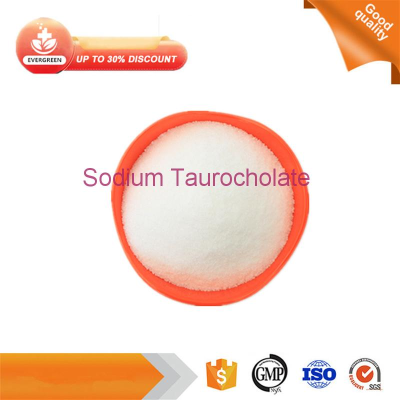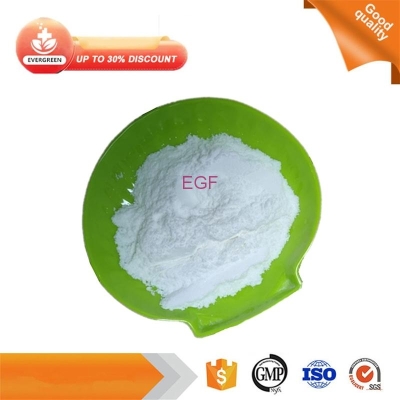-
Categories
-
Pharmaceutical Intermediates
-
Active Pharmaceutical Ingredients
-
Food Additives
- Industrial Coatings
- Agrochemicals
- Dyes and Pigments
- Surfactant
- Flavors and Fragrances
- Chemical Reagents
- Catalyst and Auxiliary
- Natural Products
- Inorganic Chemistry
-
Organic Chemistry
-
Biochemical Engineering
- Analytical Chemistry
- Cosmetic Ingredient
-
Pharmaceutical Intermediates
Promotion
ECHEMI Mall
Wholesale
Weekly Price
Exhibition
News
-
Trade Service
Who says only obese people get fatty liver? At least 10% of non-alcoholic fatty liver patients are thin.
fatty liver, as the name implies, refers to a variety of causes caused by excessive fat accumulation in liver cells lesions.
see here, many people will think, since fat accumulation, does it mean that fatty liver will only be found in obese people ah, normal weight or even thin people should not have anything to do with it? Alcoholic fatty liver is a liver disease caused by long-term heavy drinking, usually the incidence of alcoholic fatty liver and long-term alcohol consumption has an inevitable link, and whether the patient is overweight is not significantly related.
causes fatty liver disease is complex, the main reason is that a large amount of alcohol directly damages liver cells.
In fact, 90% of the alcohol we drink is metabolized in the liver, and long-term high intake of alcohol can cause barriers to the metabolism of fatty acids in the liver, resulting in fat accumulation, degeneration, and ultimately the formation of fatty liver.
The purpose of this study is to characterize the complete epitype expression of non-alcoholic fatty liver disease (NAFLD) in thin people, and to explore prevalence, characteristics and long-term prognosis in white patients with NAFLD.
study included 1,339 biopsy-confirmed NAFLD subjects from four countries (Italy, the United Kingdom, Spain and Australia), divided into thin and non-thin groups (body mass index (BMI) ≥25 kg/m2 defined as non-thin patients).
during follow-up was obtained through the case database, compared by the number rank test, and analyzed statistically after adjustment.
showed that thin patients accounted for 14.4% of all patients, mainly from Italy (89%).
their histological ideotypes were lighter (thin and non-thin: non-alcoholic fatty hepatitis 54.1%vs 71.2%p .lt;0.001; late fibrosis 10.1% vs 25.2% p . 0.001), the prevalence of diabetes is low (9.2% vs 31.4%, p .lt;0.001), but there is no significant difference in the prevalence of the PNPLA3 I148M variant (p s 0.57).
during the 94-month mid-level follow-up period, 4.7 percent of thin patients and 7.7 percent of non-thin patients reported liver-related events (p-0.37).
difference in survival rates was not observed compared to non-thin NAFLDs (p-0.069).
concluded that thin patients with NAFLD may develop advanced liver disease, develop metabolic complications and experience cardiovascular disease (CVD) and liver-related mortality, regardless of vertical progression of obesity and the PNPLA3 genotype.
NAFLD may affect the development of the disease in obese and thin people.
are mainly male, diagnosed at a younger age and more common in some geographic regions.







